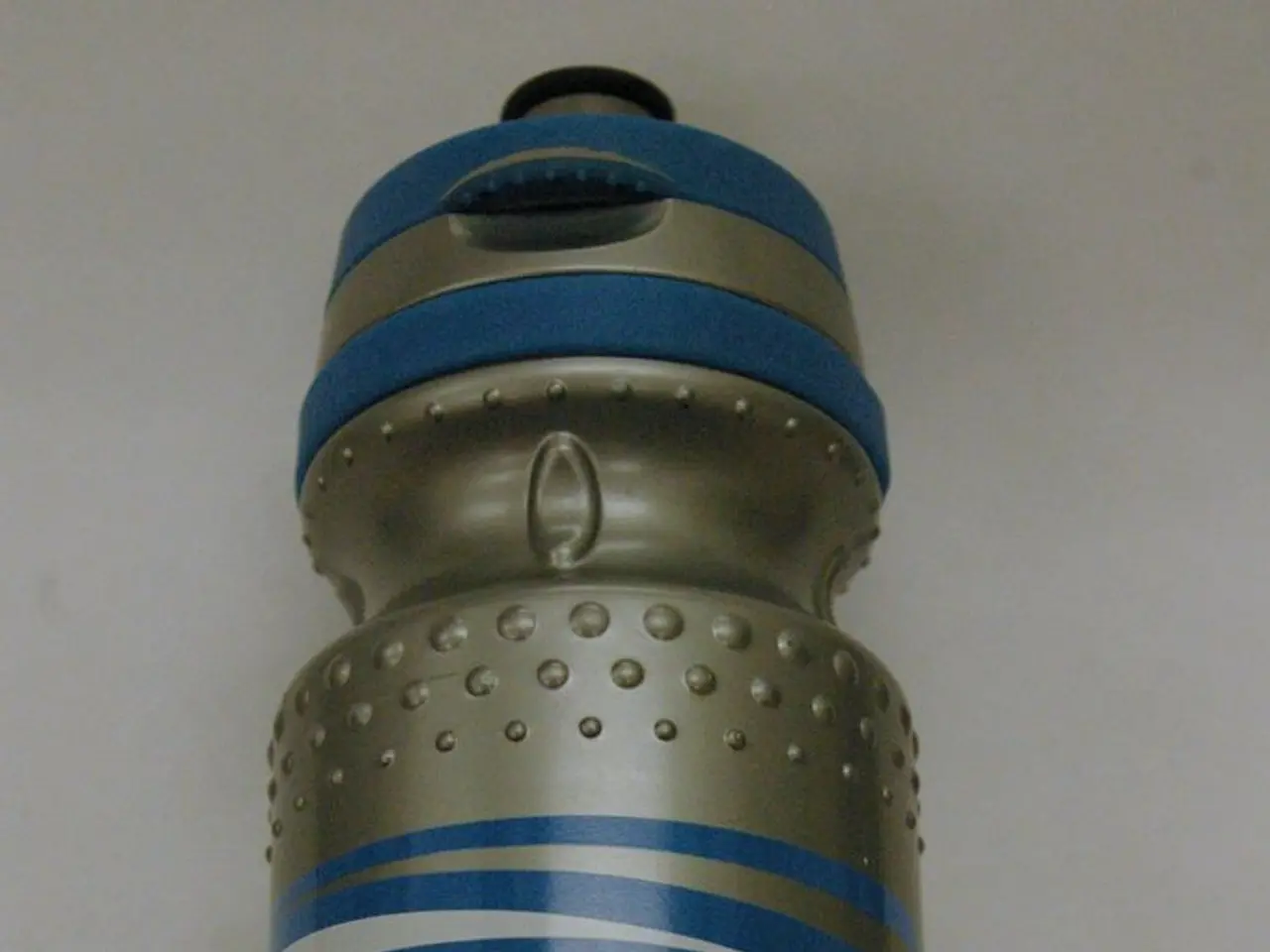Genetic treatment aiming at eliminating Angelman Syndrome's underlying factors
Rugonersen, a potential treatment for Angelman syndrome, has shown promising results in preclinical studies and is set to enter Phase 3 clinical trials. This antisense oligonucleotide, developed by Roche and now owned by Oak Hill Bio, targets the underlying cause of Angelman syndrome by turning on the paternally inherited copy of the UBE3A gene in brain cells.
The genetic medicine was initially developed by Roche, with the discovery and preclinical development funded by the company. A study on rugonersen, published in Nucleic Acid Research, showed that it restored UBE3A protein activity in mouse and primate models of Angelman syndrome. The study also revealed a long-lasting reduction of UBE3A-ATS in monkey brains, concomitant with upregulation of paternal UBE3A protein.
In a Phase 1 clinical trial (NCT04428281), rugonersen consistently led to an increase in UBE3A protein levels in tests in nerve cells. Safety data from tests in mice, nonhuman primates, and the Phase 1 clinical trial did not indicate any unacceptable risks. The Phase 1 trial also revealed signals of clinical improvement in core Angelman syndrome symptom domains beyond expectation from natural history data.
Despite Roche deciding to no longer pursue the development of rugonersen in 2023, the company is currently sponsoring the phase 3 clinical trial development of the treatment for Angelman syndrome. Oak Hill Bio, the new owner of rugonersen, plans to start a Phase 3 trial in the first quarter of 2026. The treatment is expected to enter Phase 3 trials early next year.
Angelman syndrome is a genetic disorder caused by mutations in the UBE3A gene. In certain brain cells, only the copy of the UBE3A gene inherited from the biological mother is active in individuals with Angelman syndrome. One potential strategy to treat Angelman syndrome is to turn on the paternally inherited copy of the UBE3A gene in brain cells, a strategy that rugonersen aims to achieve.
The study on rugonersen showed promise in tests in cells, mice, and primates, providing hope for individuals and families affected by Angelman syndrome. With the upcoming Phase 3 trials, we move one step closer to potentially finding a treatment for this debilitating condition.
Read also:
- Peptide YY (PYY): Exploring its Role in Appetite Suppression, Intestinal Health, and Cognitive Links
- Toddler Health: Rotavirus Signs, Origins, and Potential Complications
- Digestive issues and heart discomfort: Root causes and associated health conditions
- House Infernos: Deadly Hazards Surpassing the Flames








